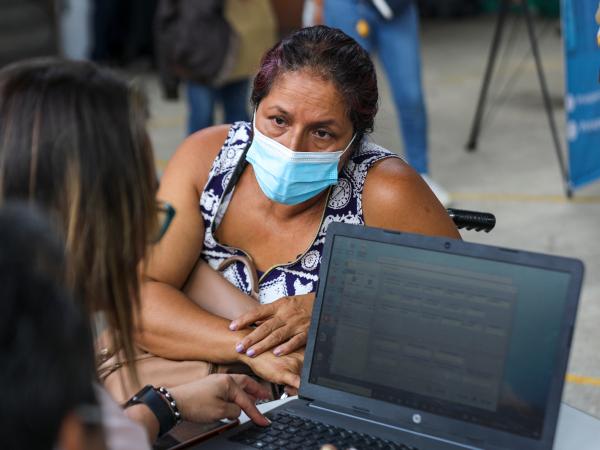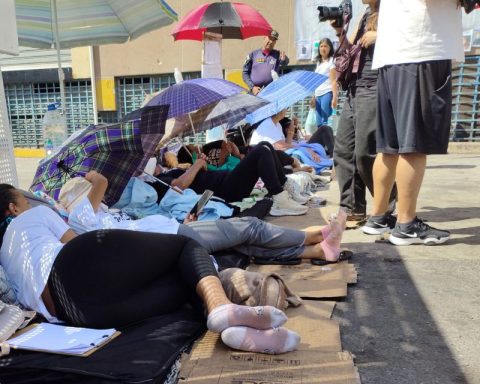The Minister of Planning and Budget, Simone Tebet, said this Monday (17) that the minimum wage should increase above inflation in 2024, as it was a campaign promise by President Luiz Inácio Lula da Silva.
“It is obvious that there is not the slightest chance that the president [Lula], next year, no real increase in the minimum wage. Let it be removed from anywhere, but the president will not break a campaign promise”, said the minister, when presenting the numbers of the Budgetary Guidelines Bill (PLDO) for 2024, sent last Friday (14) to the National Congress.
She explained that, in the PLDO, the economic team worked with a floor for the minimum wage, but, if the new fiscal framework is approved, there will be an increase in revenues and cuts in expenses and, consequently, room for real gain.
By the PLDO of 2024, the minimum wage next year will be R$ 1,389based only on the 2023 National Consumer Price Index (INPC).
tax waiver
In an interview with the press, Simone Tebet also spoke about granting tax benefits to certain sectors of the Brazilian economy. “We remember a lot of the resignations [fiscais] legitimate, others, not so much, that last over the years. Let’s not forget to make a cut of how much revenue was exempted last year in the electoral process, and which can be quickly recovered”, she said, remembering, among others, the exemption of fuels, in 2022.
For the minister, it is necessary to recompose the tax base and review exemptions granted in 2022. “Some electoral measures, last year, a year and a half, two years ago, were made without any planning, without any analysis of the cost benefit.”
At the press conference, the secretary of the Federal Revenue, from the Ministry of Finance, Robinson Barreirinhas, also said that measures are being discussed to achieve the primary surplus, including the review of exemptions to correct distortions. “We have a perverse tax system: the poor pay too much and the rich pay too little.”
Secretary Barreirinhas highlighted how it is being thought of by the economic area of the Lula government. “The whole discussion regarding tax reform focuses on the huge tax burden on consumption, which is very high. They are almost 50% of the burden on consumption, which ends up burdening the poorest”. And he spoke about the objective of the Ministry of Finance. “It is a goal to face this situation, whether structurally, through tax reform, or through this path of closing these gaps [na isenção de tributos].















